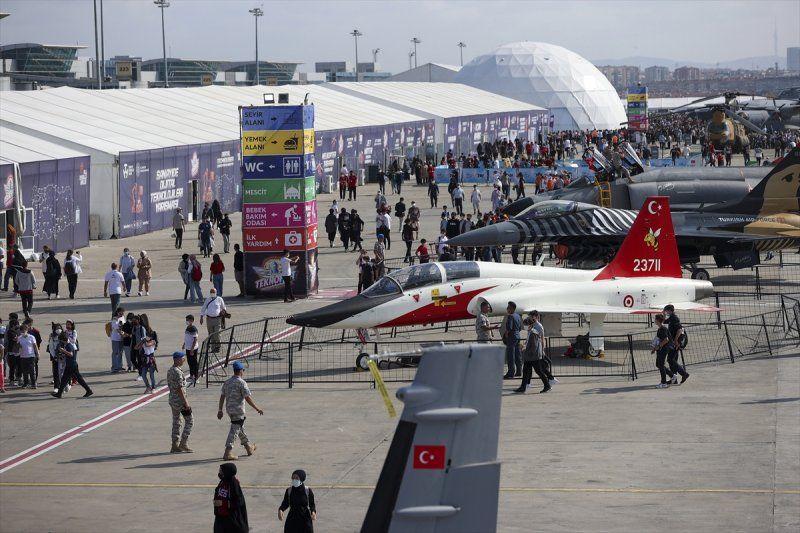The Rise of New Players in the Global Arms Market
September 20th, 2023 The business of selling arms has historically been dominated by a select few countries. Yet, the recent developments have shown an unmistakable shift in this age-old dynamic. The recent visual of North Korea's leader, Kim Jong Un, and Russia's Vladimir Putin sealing a

September 20th, 2023
The business of selling arms has historically been dominated by a select few countries. Yet, the recent developments have shown an unmistakable shift in this age-old dynamic. The recent visual of North Korea's leader, Kim Jong Un, and Russia's Vladimir Putin sealing a deal on weapons serves as a testament to the changing landscape.
Challenging the Old Guard
The arms industry, historically dominated by five major players — the US, Russia, France, China, and Germany — who together account for over three-quarters of exports, is witnessing upheaval. Rising nations in the arms market are capitalizing on the opportunities presented by changing geopolitical dynamics, particularly in the backdrop of the Russian invasion of Ukraine.
New Alliances
The aforementioned handshake between Kim and Putin wasn't a standalone event. In July, Russia's Defence Minister, Sergei Shoigu, visited Pyongyang, eyeing potential military support for Russia's war efforts. The desperation for resources and equipment is palpable as traditional suppliers, wary of international implications, distance themselves from supplying arms to Russia. China, a longtime ally, has limited its assistance to dual-purpose chips, with speculation that it might resort to routing more substantial weaponry through North Korea to avoid direct involvement.
But it's Iran that has truly stepped up to the plate. Having sold 2,400 of its Shahed “kamikaze” drones to Russia, Iran is signaling its readiness to enter the broader global arms market, challenging the established hierarchy.
A New Heavyweight: South Korea
South Korea's burgeoning influence in the global arms trade can't be ignored. Its recent agreement with Poland, perceived as a vanguard in Europe's defense against Russia's expansionist ambitions, is staggering in its magnitude. South Korea's commitment to delivering 1,000 Black Panther tanks, with 180 immediately sourced from its inventory and the remainder to be manufactured under license in Poland, is significant. This agreement sees Poland potentially boasting more tanks than the combined forces of Germany, France, Britain, and Italy.
Teknofest: A Glimpse into the Future
The aerial display at Teknofest, held at Ataturk Airport, Turkey, where crowds thronged to view the likes of Kizilelma, Bayraktar TB2, HURKUS, and Akinci, paints a vivid picture of the burgeoning arms market. With such showcases becoming more prevalent, they reflect the eagerness of new entrants in the global arms scene.
Conclusion
The world stands at the crossroads of a new era in the global arms trade. As traditional superpowers face challenges and newer players emerge with force and ambition, the international community must navigate this intricate maze with caution and foresight. The future of global security and geopolitics may very well hinge on these shifting allegiances and the arms that bolster them.




